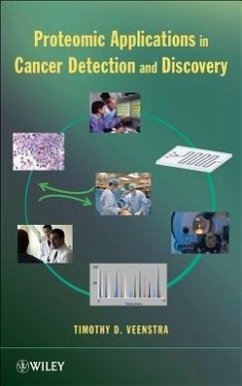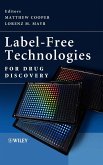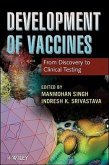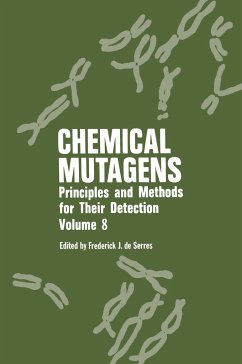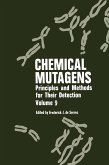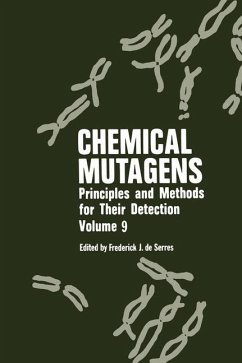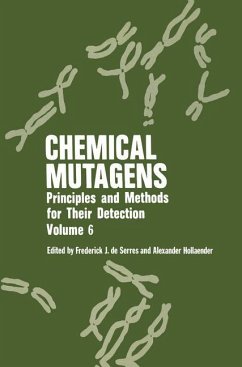Helps researchers in proteomics and oncology work together to understand, prevent, and cure cancer Proteomic data is increasingly important to understanding the origin and progression of cancer; however, most oncologic researchers who depend on proteomics for their studies do not collect the data themselves. As a result, there is a knowledge gap between scientists, who devise proteomic techniques and collect the data, and the oncologic researchers, who are expected to interpret and apply proteomic data. Bridging the gap between proteomics and oncology research, this book explains how proteomic technology can be used to address some of the most important questions in cancer research. Proteomic Applications in Cancer Detection and Discovery enables readers to understand how proteomic data is acquired and analyzed and how it is interpreted. Author Timothy Veenstra has filled the book with examples--many based on his own firsthand research experience--that clearly demonstrate the application of proteomic technology in oncology research, including the discovery of novel biomarkers for different types of cancers. The book begins with a brief introduction to systems biology, explaining why cancer is a systems biology disease. Next, it covers such topics as: * Mass spectrometry in cancer research * Application of proteomics to global phosphorylation analysis * Search for biomarkers in biofluids * Rise and fall of proteomic patterns for cancer diagnostics * Emergence of protein arrays * Role of proteomics in personalized medicine The final chapter is dedicated to the future prospects of proteomics in cancer research. By guiding readers through the latest proteomic technologies and their applications in cancer research, Proteomic Applications in Cancer Detection and Discovery enhances the ability of researchers in proteomics and researchers in oncology to collaborate in order to better understand cancer and develop strategies to prevent and treat it.
Hinweis: Dieser Artikel kann nur an eine deutsche Lieferadresse ausgeliefert werden.
Hinweis: Dieser Artikel kann nur an eine deutsche Lieferadresse ausgeliefert werden.
"By guiding readers through the latest proteomictechnologies and their applications in cancer research,"Proteomic Applications in Cancer Detection and Discovery"enhances the ability of researchers in proteomics and researchersin oncology to collaborate in order to better understand cancer anddevelop strategies to prevent and treat it." (Newbooks.lib, 11 September 2014

